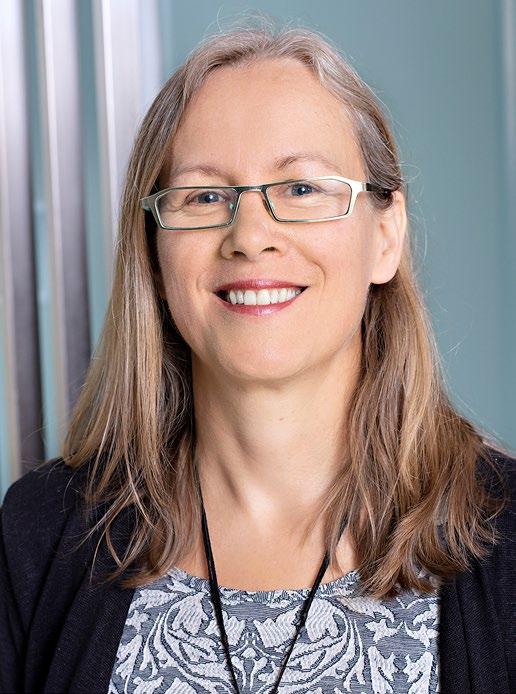
3 minute read
Reflections on the pandemic
Paul Valent
Who would have thought ... again? Still, we child survivors of the Holocaust have always known that catastrophes can happen. Our skins were always thin.
Advertisement
But wait. This is quite different.
I vacillate. There is something familiar in seeing empty shelves in the supermarkets, people struggling for toilet rolls. Will we be short of food? After much frustration I get on the Woolworths web site for home deliveries to old people. They can deliver in four days. Luckily, we have sufficient food till then.
But what if I run out of batteries, light bulbs, what if the phone or internet network seize up? What if I break a leg?
There is talk in the media of the apocalypse, or at least of a war footing, like in the Second World War. Yes, we always believed that what happened could happen again, but we did not really believe that it would. Who would have thought that in the dusk of our lives we would be thrust back into the world of our childhoods? That our world would change almost overnight from security to once again being the most threatened section of the community – then as children, now as the elderly? That we would have to hide inside our homes, afraid to go out, each outside person being a potential danger?
Police are starting to patrol the streets. It’s difficult to trust our leaders. There is talk of selections. Who would be allowed scarce respirators?
Will our families, from whom we are separated, for whom we yearn, for whom I have a pain in my shoulders through the empty embrace, will they be alright? It is difficult to see them having to adjust to this abnormal world, the likes of which we hoped to spare them.
But then the pendulum returns. Of course, it’s not true. I am oversensitive to the images that trigger childhood memories. It’s not happening again.
And we child survivors of the Holocaust are at the forefront of those who can provide perspective. This is no Second World War. Men are not sent to the front, but home to be with their families. There are no bombs and, if we are short of food, it is because of panic buying, not because supplies are scarce.
Yes, we have to keep physical distance from others, but not emotional distance. We don’t have to wait months for a letter to know if a relative is alive. Modern media bring them to life within seconds.
The Nazis had unlimited power and their reign seemed endless. We were their victims and nine tenths of us died. Now we are not being persecuted or scapegoated, but are part of the general population fighting a common enemy. In fact, most of the population is sacrificing to keep all vulnerable people safe, including us.
Lastly, there is an end in sight and we know that we will win. Then, in the euphoria of survival there will be pent-up energy to renew, to enjoy. There will be a baby boom alongside an economic one, and who knows, people who have learned that the world can cooperate in the face of common dangers will tackle problems like climate change, nuclear build-ups and national rivalries.
So yes, features of this pandemic remind us of our early trials, but the differences are large. That’s why we can reassure ourselves that no, it’s not happening. Again. After reassuring ourselves we can reassure the world.
Paul Valent
Paul Valent is a Melbourne psychiatrist and founder of the Melbourne Child Survivors of the Holocaust. His most recent book is Mental Health in the Times of the Pandemic, Australian Scholarly Publishing 2020.










